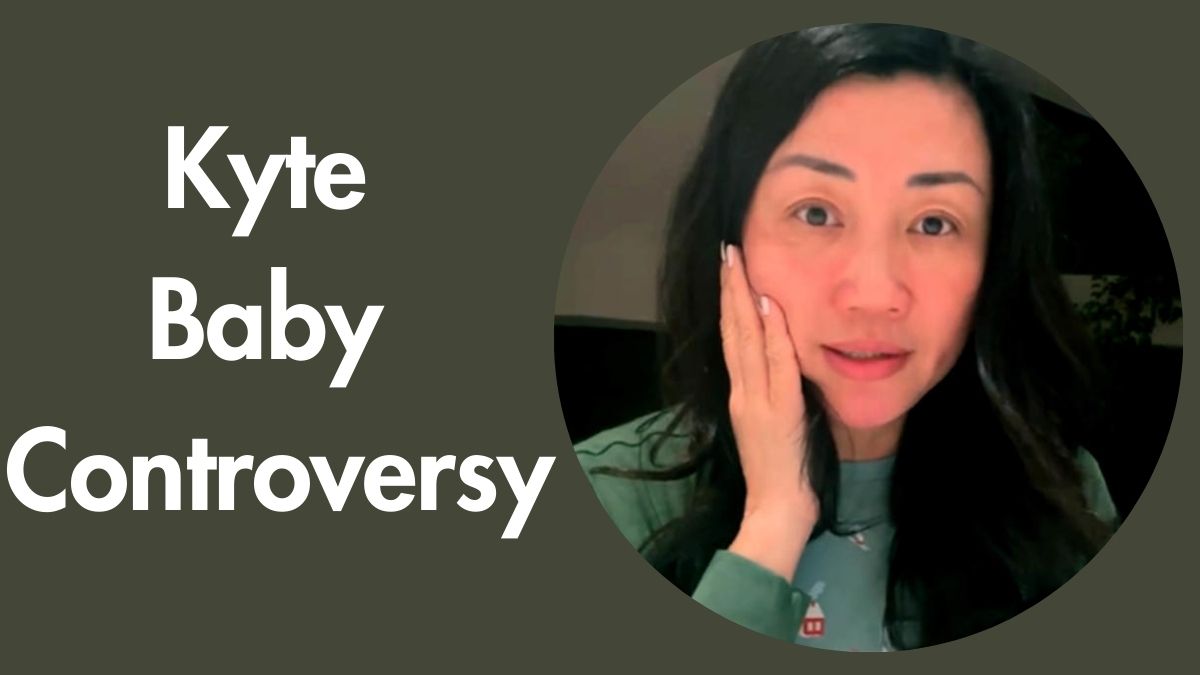The Kyte Baby controversy has captured significant attention, sparking debates about workplace flexibility, parental rights, and corporate responsibility. This article delves into the nuances of the situation, providing a detailed account of the events, the responses, and the broader implications.
The Incident
At the heart of the Kyte Baby controversy is an employee’s request for remote work accommodation. The employee, identified as Marissa, sought permission to work remotely while her adopted newborn was in the neonatal intensive care unit (NICU) at a Texas hospital. Kyte Baby, known for its bamboo-based infant clothing and sleep sacks, initially denied this request, setting off a wave of backlash.
Kyte Baby Public Outcry
The refusal to grant Marissa’s request was met with significant public outrage. Customers and social media users expressed their disappointment, with many calling for a boycott of Kyte Baby products. The incident, particularly sensitive given Kyte Baby’s focus on infant products, highlighted the perceived disconnect between the company’s values and its actions.
Company’s Response
Kyte Baby founder Ying Liu issued a series of apologies in response to the backlash. In her initial video apology, Liu expressed regret over how the situation was handled but faced criticism for appearing rehearsed and inauthentic. A second, more candid apology followed, acknowledging the mistake in denying Marissa’s remote work request and promising to review the company’s HR policies.
Internal Policies and Contradictions
This incident has brought Kyte Baby’s internal policies under scrutiny, particularly in light of a 2021 company blog post. In the post, Liu praised the benefits of remote work and acknowledged the productivity of employees, especially mothers, working from home. This apparent contradiction between the company’s stated values and its actions in Marissa’s case added fuel to the controversy.
Below, we provided our latest posts related to the controversies of other stars:
- Jay Park Controversy: What Did He Say About it?
- Avett Brothers Controversy: Addressing Social Issues Through Music
Employee’s Position and Aftermath
Despite the public apologies and the offer to accommodate her request for remote work, Marissa declined to return to Kyte Baby. The company’s spokesperson stated that they continue to apologize and respect her decision. This outcome suggests a lingering impact on employee trust and morale.
Discussion and Analysis
The Kyte Baby controversy raises important questions about workplace flexibility, especially for parents dealing with exceptional family circumstances. It highlights the need for companies to align their internal policies with their public image and values, particularly in industries closely related to caregiving and family. The strong public reaction underscores the growing expectations for corporate empathy and flexibility in the modern workplace.
Conclusion
The Kyte Baby incident serves as a case study of the complexities of managing workplace policies in a world increasingly advocating for employee rights and flexibility. It also underscores the potential reputational risks for businesses that fail to align their practices with their public persona and the values of their customer base. As society continues to evolve in its understanding and support of diverse family needs, such controversies will likely shape future corporate policies and public expectations.
